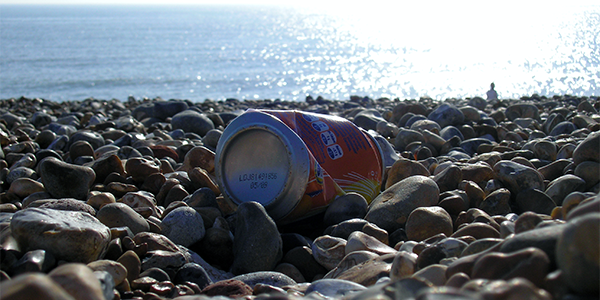Book Review | The Politics of the Anthropocene by John S. Dryzek and Jonathan Pickering
In The Politics of the Anthropocene, John S. Dryzek and Jonathan Pickering consider politics and governance for the time of the Anthropocene, exploring how it forces us to think anew about ideas of nature, justice, sustainability and democracy. The book not only attunes us to the depth of the challenges ahead, but also provides openings through which our politics can evolve with the dynamism and uncertainties of the Anthropocene era, writes Raj Kaithwar.












 Democratic Audit's core funding is provided by the Joseph Rowntree Charitable Trust. Additional funding is provided by the London School of Economics.
Democratic Audit's core funding is provided by the Joseph Rowntree Charitable Trust. Additional funding is provided by the London School of Economics.